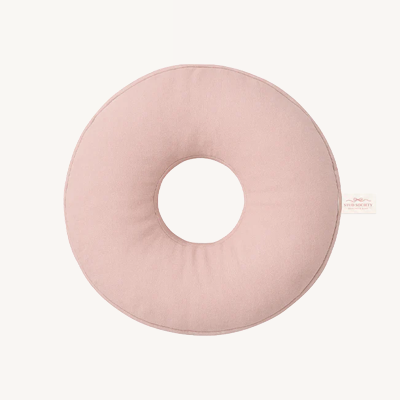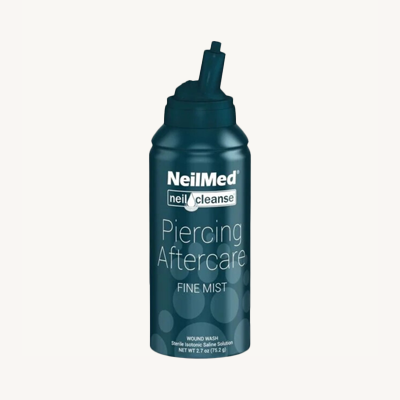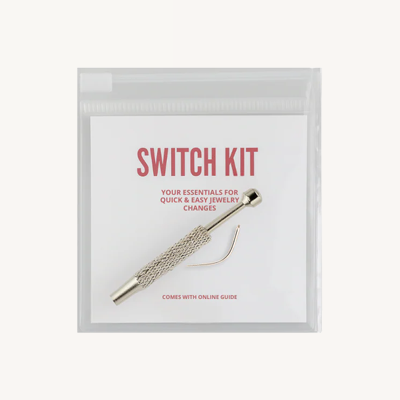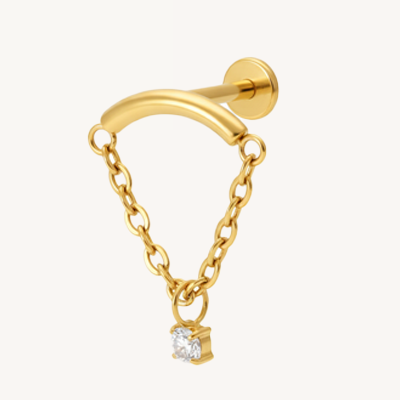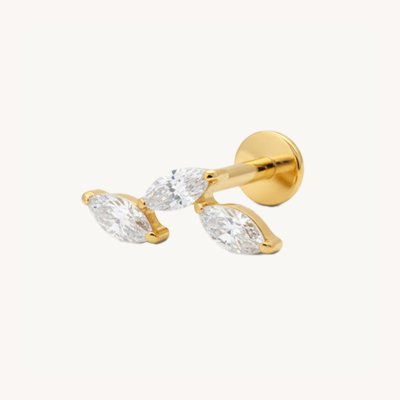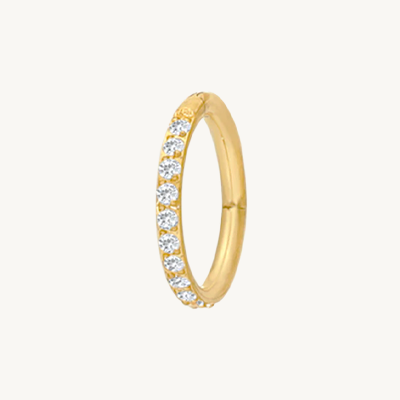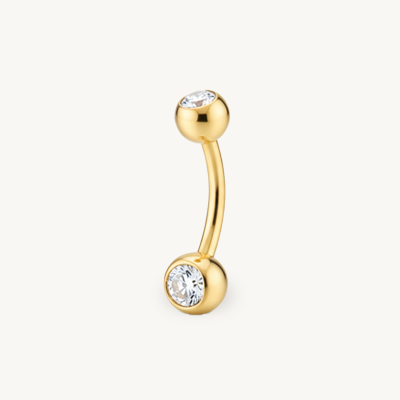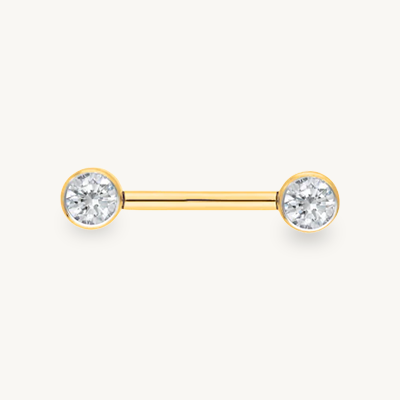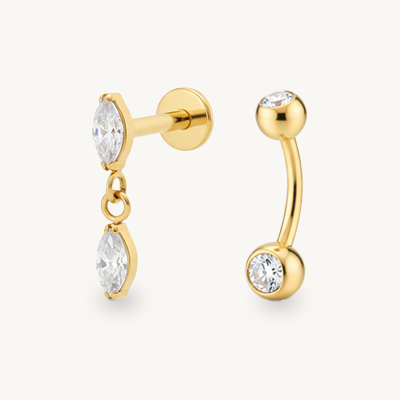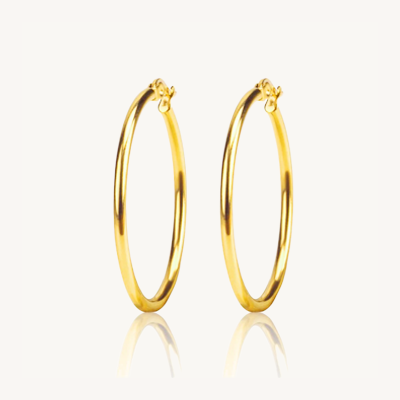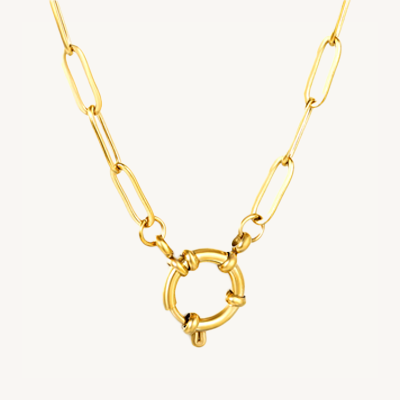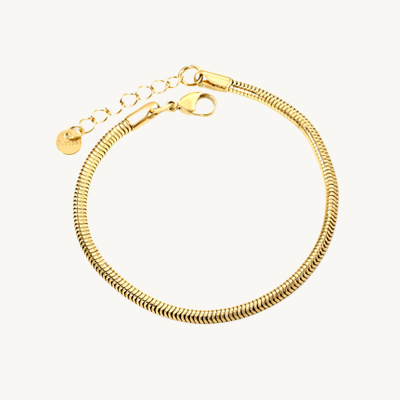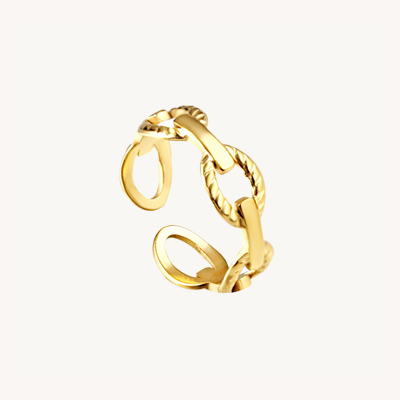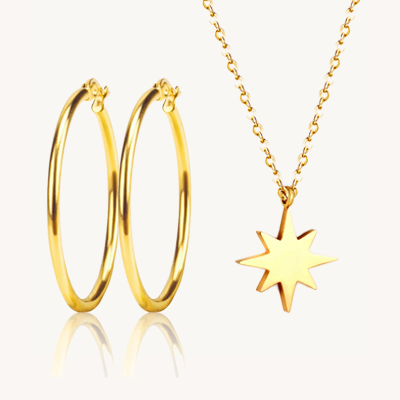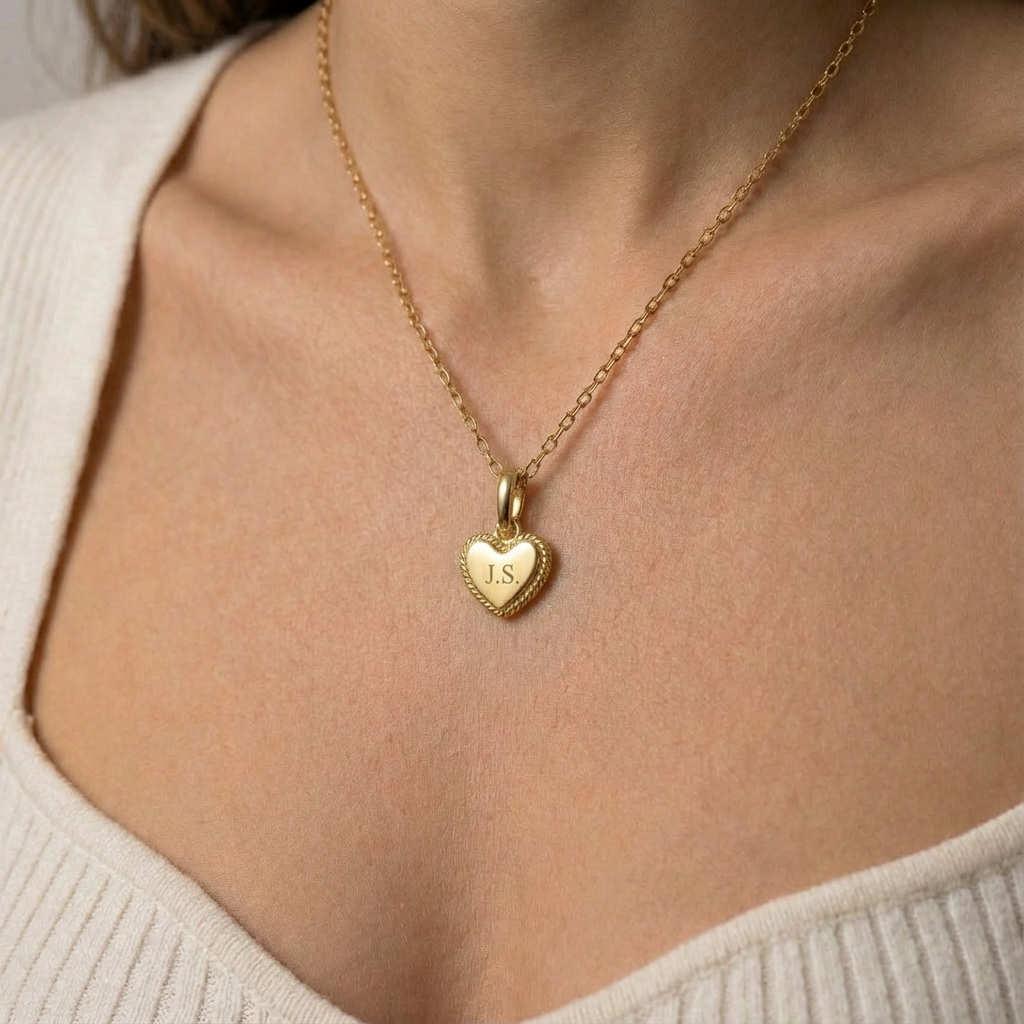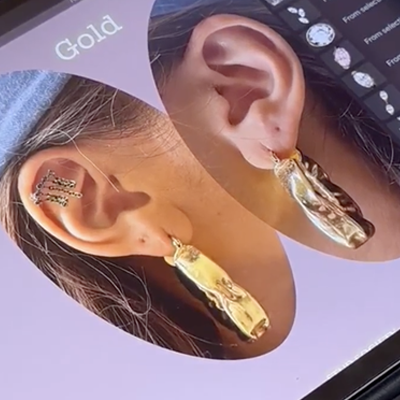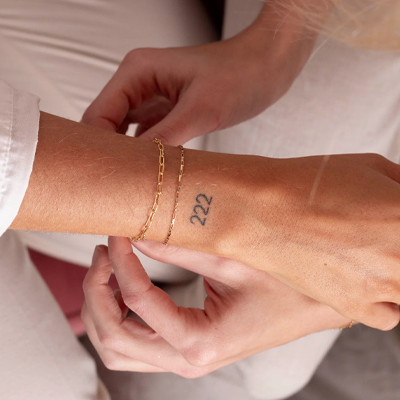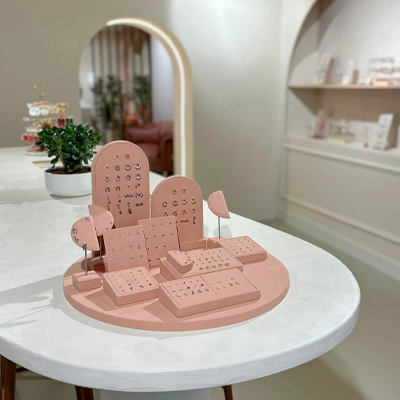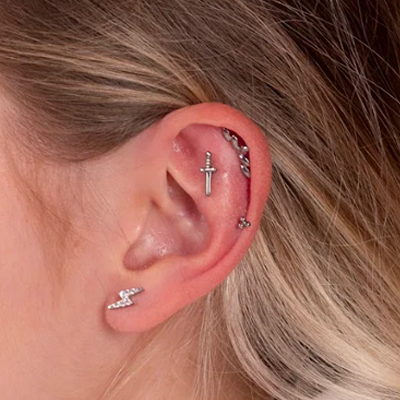Information about the Risks of Piercing
Piercing involves certain risks.
Therefore, make sure you are well-rested and have eaten beforehand. Inform the piercer about any medication use, skin conditions, allergies, epilepsy, and hypersensitivity reactions. Also, check on www.veiligtatoeerenenpiercen.nl to ensure that the studio where you plan to get your piercing has a permit.
This permit indicates that the studio adheres to the hygiene guidelines set by the National Centre for Hygiene and Safety.
Do not get a piercing in the following cases:
- On areas where you have had plastic surgery or radiation in the past year;
- On a spot that was pierced less than three months ago;
- On irritated skin, such as bumps, dark moles, or swelling;
- If you are under the influence of alcohol or drugs;
- If you are pregnant.
Additionally, it is advised not to get a piercing if you suffer from any of the following conditions:
- Diabetes;
- Hemophilia;
- Chronic skin conditions;
- Allergy to piercing materials;
- Immune disorders;
- Heart or vascular abnormalities.
Do you have any of these conditions or are you using blood thinners or antibiotics?
If so, and you still wish to get a piercing, consult your doctor first. For more background information on these risks, visit www.veiligtatoeerenenpiercen.nl.
The Piercing Procedure
Because a wound is created during the piercing process, there is a risk of transmitting blood-borne diseases such as hepatitis B and C. Therefore, ensure that the piercer follows proper hygiene practices.
A hygienic procedure is also important to prevent your new piercing from becoming infected.
Make sure that:
- The skin is cleaned and disinfected before the piercing;
- The needle and piercing are sterile and are not touched with bare hands;
- The piercer wears gloves during the piercing process.
Getting a piercing can cause some temporary pain.
Consult your doctor if you wish to receive anesthesia.
Aftercare
A new piercing is similar to a deep wound. Poor care and unhygienic treatment can lead to infections and scarring. With proper care, it takes 4 to 12 weeks for the wound to heal. The piercer will provide both verbal and written instructions regarding aftercare. Be sure to read these carefully.
In some people, scarring tissue may form after the piercing is done.

